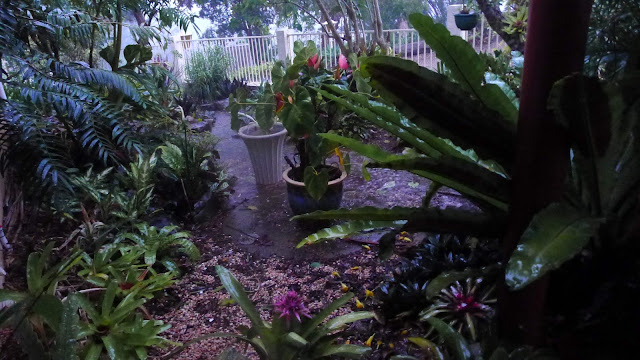Yesterday I read this quote;"If a nation values anything more than freedom, it will lose its freedom; and the irony of it is that if it is comfort or money that it values more, it will lose that too." -- Somerset Maugham,
I remembered reading his book. “Of Human Bondage",
at a time I started to think about life and death and the inbetween.
I was mostly impressed when Philip found out the plot about religion, his uncle, a clergyman, very pious and religious, was dying and he he was terribly frightened about it. He did not find solace in his believes. Philip questioned, why would he be so afraid to die when he was ready to meet his maker an all forgiving god…and then he understood“
There was no meaning in life, and man by living served no end. It was immaterial whether he was born or not born, whether he lived or ceased to live. Life was insignificant and death without consequence.
Philip exulted, as he had exulted in his boyhood when the weight of a belief in God was lifted from his shoulders:
it seemed to him that the last burden of responsibility was taken from him; and for the first time he was utterly free.
His insignificance was turned to power, and he felt himself suddenly equal with the cruel fate which had seemed to persecute him; for, if life was meaningless, the world was robbed of its cruelty. What he did or left undone did not matter. Failure was unimportant and success amounted to nothing. He was the most inconsiderate creature in that swarming mass of mankind which for a brief space occupied the surface of the earth; and he was almighty because he had wrenched from chaos the secret of its nothingness. Thoughts came tumbling over one another in Philip's eager fancy, and he took long breaths of joyous satisfaction. He felt inclined to leap and sing. He had not been so happy for months.
Most people never arrive at this freedom, they are shackled all their life to this secret slavery, obeisance and homage to a god. Titania
Of Human Bondage (1915) a novel by W. Somerset Maugham. It is generally agreed to be his masterpiece and to be strongly autobiographical in nature, although Maugham stated, "This is a novel, not an autobiography, though much in it is autobiographical, more is pure inventionMaugham, who had originally planned to call his novel Beauty from Ashes, finally settled on a title taken from a section of Spinoza's Ethics.. Of Human Bondage is ranked one of the 100 best English-language novels of the 20th century.
A few quotes from the book
Cronshaw, the sceptical and bohemian poet in Paris, shows Philip he has to think for himself.
“Faith had been forced upon him from the outside . . . A new environment and a new example gave him the opportunity to find himself. He put off the faith of his childhood quite simply, like a cloak that he no longer needed”
Philip has had a wretched youth growing up with Christian ideals in a harsh and cruel environment. When he begins to travel, he begins his journey to finding his own truth.
“From old habit, unconsciously he thanked God that he no longer believed in Him.”
©Photo/text Ts













